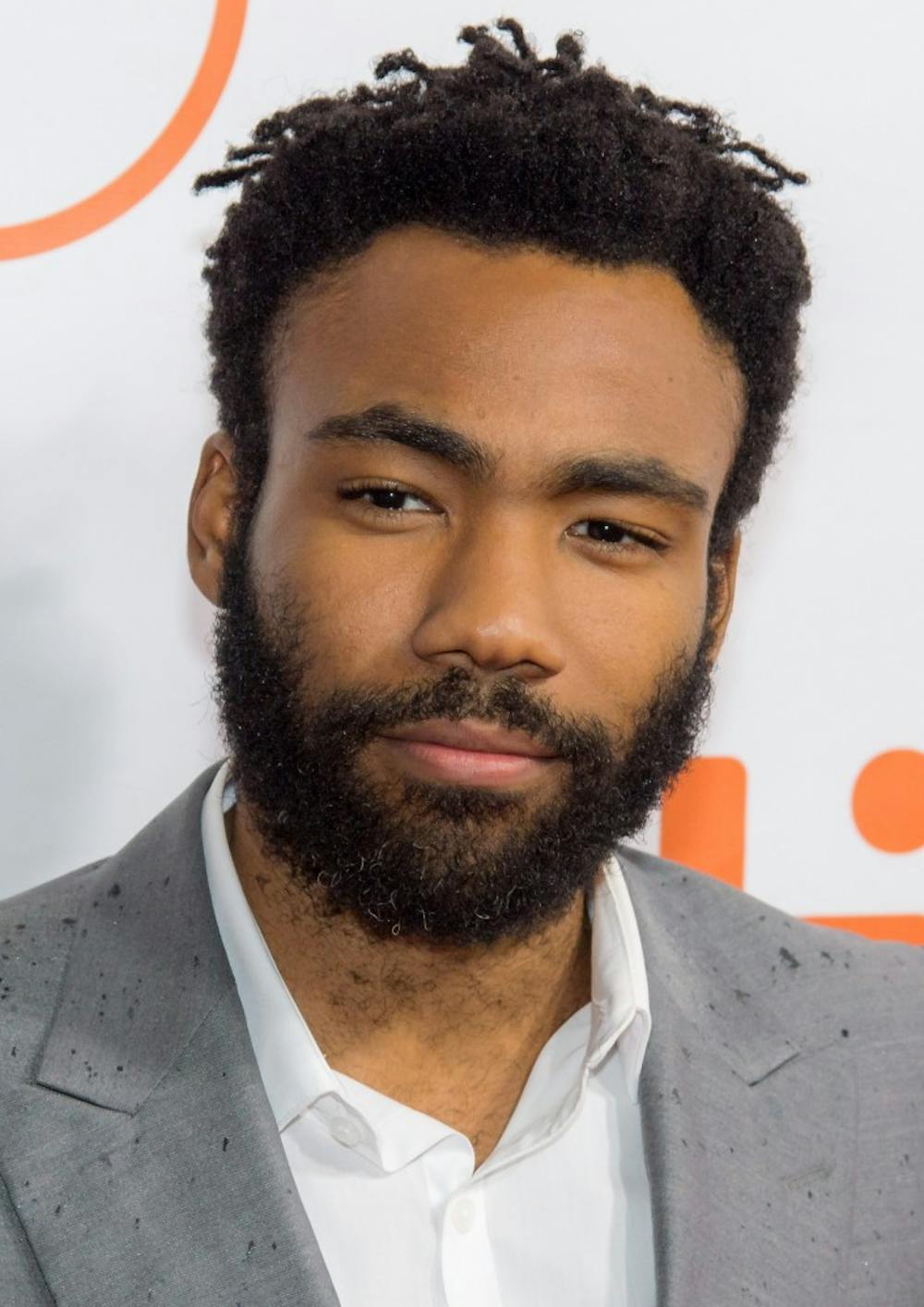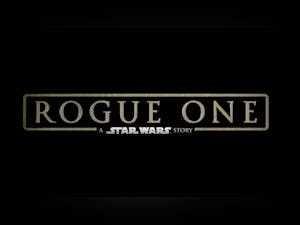From: The Scene Blog
Review: Far from childish, "Atlanta" establishes Donald Glover as an industry force

Forget Spider-Man—Donald Glover is the hero Atlanta needs. After a relatively quiet few years, Glover returns to television with the show Atlanta on FX. The show succeeds at providing a more grounded, realistic side of the African-American community, one that is more reminiscent of The Wire than a Tyler Perry show. Glover, who is known for his role in the cult show Community, as well as doubling as alt-rapper Childish Gambino, wrote the show’s first episode and stars as its protagonist, Earn, short for Earnest.
Glover’s show portrays a grittier look at what it’s really like to be a rapper who blows up over night, something that seems all too common in the era of social media. Not only does the show illustrate the less than glamorous side of street rap, but it is one of the few shows on television to both focus on African-American characters and portray their experiences honestly. The world of the show is fully realized and lived in, with a litany of funny and hip cultural nods. For example, the show’s comic relief character, Darius, reads a Vibe article that says “John Boyega is the new Magic Johnson,” a comparison so ridiculous that it could be pulled straight out of a hip-hop and “culture” blog’s article.
While Donald and his brother Stephen co-wrote the believable dialogue, the first two episodes fail to stray from a traditional TV plot beat. Despite being a show that tries to convey what it’s really like living and struggling in Atlanta’s lower-income neighborhoods, the set up for these two episodes is something that could be found on Sons of Anarchy. Glover’s rapper cousin, Paper Boi, gets in an altercation and ultimately fires a gun, all in the first few minutes of the show—which may be a reality for some in Atlanta’s rap scene, but reminds the viewer that this is still television.
Unlike another big hip-hop show, Empire, a soap-operaesque look at life as a music mogul in New York, Atlanta shows the human side of the rap game. Having family ask you for money, having to move away from your current home and taking pictures with moms are all realities that new-school rappers like Lil Uzi, Lil Yachty and Young Thug have had to deal with over the past several years. The show is coming out at a time where everyone with an iPhone is instantly aware of the next big thing in rap, but might not care to look into the musicians day-to-day realities.
The white radio DJ in the show, originally supposed to be played by Peter Rosenberg, a big time radio personality, has a moment that is entirely too believable: saying “nigga” to Glover’s character as they exchange barbs in a parking lot. We’ve all witnessed people speaking a certain way to some as opposed to others, but Glover’s subtle facial expressions and charming, dorky swagger makes it all the more funny.
Part of me wishes that the shooting and its aftermath was replaced by another story arc, something that feels as relatable, yet uniquely Atlanta, as many of the show’s scenes. The relationships that Earn has with other characters hint at enough backstory and are convincing enough to the point that I could see any number of everyday scenarios that lead to Glover’s character becoming his cousin’s manager or being put in the doghouse by his child’s mother.
Mr. Glover’s knack for understanding the minutiae of the braggadocious nature of hip-hop culture is acute, as exemplified by Earn’s coworker at the airport when he talks about popping bottles in the club, despite making $5.15 an hour. One of the strong suits of the two episodes is that the viewer gets to see both the highs (taking a picture with the police officer who locked up infamous Atlanta rapper Gucci Mane), and lows of being an overnight sensation (having to move houses because you are now a target for a home invasion).
Donald Glover gets rap. He understands its inner workings, its trials and its tribulations. He himself evolved from an angsty mixtape-rapper into someone who was willing to take creative risks, like with his album ‘Because the Internet,” or just go flat out hard on his project ‘Royalty.’ However, the show doesn’t deal entirely with the hop-hop world. Earn’s struggles with women, his parents and having a child shows a realism that Glover was not able to showcase as the over-the-top Troy on Community. His writing prowess, the show’s immediately interesting characters and the talented cast are what will keep viewers engaged, even if the plot hits predictable (break) beats.
Grade: A-




